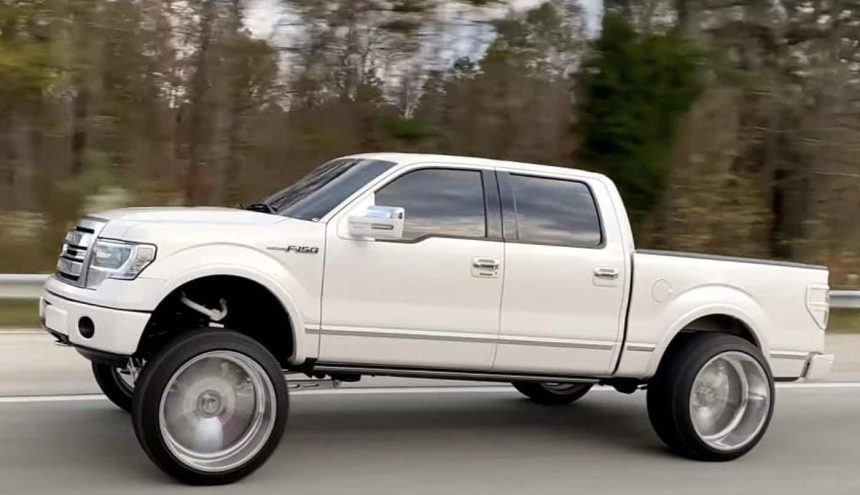High riders in Mississippi will soon have to abide by a new set of regulations.
In late April, Gov. Tate Reeves signed House Bill 349 to ban “squatted vehicles,” or those whose front bumpers are raised four or more inches above the height of the rear fender. The alteration essentially positions the front headlights of a vehicle to face toward the sky while the back lights stare at the ground.
The bill’s author, Republican Rep. Fred Shanks, was moved to bring forth the legislation to outlaw the modified vehicles after he test-drove a “squatted” truck to validate his concerns about the threat they pose to public safety.
“It changes up the breaking and suspension … A lot of people are also concerned about the lights,” Shanks said on MidDays with Gerard Gibert. “They all have the LED lights on the front, so as you have oncoming traffic, you’re blinding people coming up.”
Shanks also said the vehicles’ positioning makes it virtually impossible for drivers to see their total surroundings. In early January, a six-year-old girl was struck and killed by a squatted truck in the driveway of her Smith County home. Shanks cited the incident as evidence of the danger these types of vehicles present.
With the governor’s signature inked on the legislation, the law will go into effect beginning July 1. Between the implementation date and January 27, 2025, officers will be tasked with issuing warning tickets to those violating the new law. After the grace period, the following punishments will be levied on perpetrators:
- First offense – $100 fine
- Second offense – $200 fine
- Third offense – $300 fine and a one-year suspension of the operator’s license
If an offense occurs after five years since the last one took place, it will not be counted as a secondary offense, preventing an additional charge from being added to the fine the perpetrator would face.
Fines collected from squatted vehicle violations will be used to better Mississippi’s secondary school driver’s education and training programs.
Mississippi joins North Carolina, South Carolina, and West Virginia in barring the modified vehicles.








